
Kód: 04536766
Without Copyrights
Autor Robert Spoo
This book tells the story of how the notoriously protectionist American copyright law impacted transatlantic modernism by encouraging the piracy of works published abroad. From its inception in 1790, U.S. copyright law withheld p ... celý popis
- Jazyk:
 Angličtina
Angličtina - Väzba: Pevná
- Počet strán: 384
Nakladateľ: OUP USA, 2013
- Viac informácií o knihe

Mohlo by sa vám tiež páčiť
-

Without Copyrights
49.72 € -

Copyrights and Copywrongs
124.58 € -

Patents, Trademarks, Designs, Copyrights;
56.01 €
Darčekový poukaz: Radosť zaručená
- Darujte poukaz v ľubovoľnej hodnote, a my sa postaráme o zvyšok.
- Poukaz sa vzťahuje na všetky produkty v našej ponuke.
- Elektronický poukaz si vytlačíte z e-mailu a môžete ho ihneď darovať.
- Platnosť poukazu je 12 mesiacov od dátumu vystavenia.
Viac informácií o knihe Without Copyrights
Nákupom získate 223 bodov
 Anotácia knihy
Anotácia knihy
This book tells the story of how the notoriously protectionist American copyright law impacted transatlantic modernism by encouraging the piracy of works published abroad. From its inception in 1790, U.S. copyright law withheld protection from foreign authors, creating an aggressive public domain that claimed works just as soon as they were published abroad. When Congress finally extended protection to foreign works, legal technicalities caused many authors to continue to lose their copyrights. The American public domain made vast numbers of foreign works freely available to American publishers. In order to avert ruinous competition for these unprotected resources, publishers evolved "trade courtesy," whereby the first house to announce plans to issue a foreign work acquired informal rights in the work-a kind of makeshift copyright grounded on unwritten norms and elaborate professional etiquette. Courtesy was a form of order without law that safeguarded publishers' interests, punished deviants from the code, and remunerated foreign authors for the exploitation of their works. Drawing on previously undiscovered archives, this book reveals the convergence of law, piracy, and courtesy in the dissemination of transatlantic modernism in the United States. The chief actors are James Joyce, Ezra Pound, and the New York pirate-pornographer Samuel Roth, with their very different attitudes toward intellectual property. Joyce's growing reputation in America, Pound's proposals for copyright reform, Roth's activities as purveyor of a hybrid modernism compounded of verbal experiment and entertainment for men-these and other developments cannot be understood apart from the contemporaneous American law and the voracious public domain it created. The book also tells the untold legal stories behind key events of modernism. When Roth reprinted the uncopyrighted Ulysses without permission, Joyce retaliated by drawing upon the punitive dimension of trade courtesy and by filing a lawsuit seeking damages for Roth's exploitation of his valuable name. Later, the courtesy tradition enabled Joyce to enjoy informal protection for Ulysses after Random House published the authorized American edition in 1934. Publishing norms, not copyright, kept pirates from Ulysses.
 Parametre knihy
Parametre knihy
Zaradenie knihy Knihy po anglicky Literature & literary studies Literature: history & criticism Literary studies: general
90.81 €
- Celý názov: Without Copyrights
- Autor: Robert Spoo
- Jazyk:
 Angličtina
Angličtina - Väzba: Pevná
- Počet strán: 384
- EAN: 9780199927876
- ISBN: 0199927871
- ID: 04536766
- Nakladateľ: OUP USA
- Hmotnosť: 642 g
- Rozmery: 241 × 166 × 29 mm
- Dátum vydania: 05. September 2013
Obľúbené z iného súdka
-
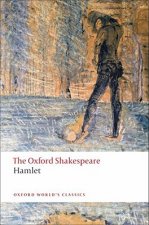
Hamlet: The Oxford Shakespeare
10.08 € -19 % -

Saga of Tanya the Evil, Vol. 3
11.73 € -19 % -
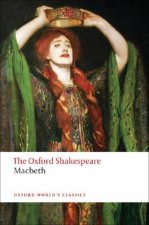
Tragedy of Macbeth: The Oxford Shakespeare
10.08 € -19 % -

Collected Poems
21 € -23 % -

Sejong Korean 2 (Korean+English Version), m. 1 Audio
27.69 € -

Leaves of Grass
18.63 € -

Plato Opera Vol. II
39.02 € -

Vagrant Mood
16.36 € -13 % -

Kafka
25.94 € -11 % -

Sir Gawain and the Green Knight
21 € -23 % -
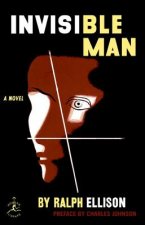
Invisible Man
20.17 € -21 % -
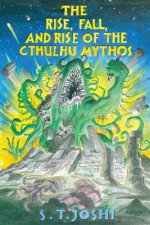
Rise, Fall, and Rise of the Cthulhu Mythos
31.19 € -
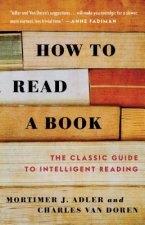
How to Read a Book
14.10 € -12 % -
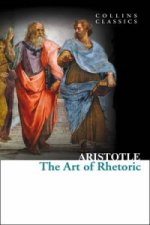
Art of Rhetoric
3.59 € -24 % -

Complete Poems of Hart Crane
18.11 € -6 % -
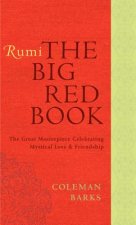
Rumi: The Big Red Book
15.44 € -21 % -

The Picture of Dorian Gray
6.68 € -25 % -

Mysteries of Udolpho
10.29 € -29 % -
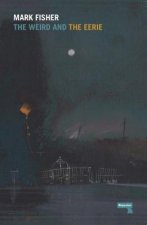
Weird and the Eerie
10.18 € -22 % -

On Writers and Writing
12.35 € -23 % -
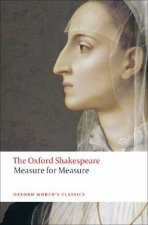
Measure for Measure: The Oxford Shakespeare
10.08 € -19 % -

Sejong Korean Extension Activity Book 1A - English Edition, m. 1 Audio
22.33 € -

Anna Karenina
9.46 € -17 % -
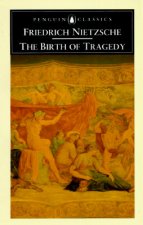
Birth of Tragedy
10.18 € -22 % -

Iliad
4.62 € -15 % -

Moveable Feast
10.90 € -10 % -

Golden Bough
15.74 € -18 % -
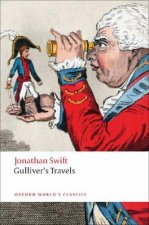
Gulliver's Travels
6.48 € -27 % -

Selected Essays
11.21 € -23 % -

Dream Story
11.21 € -23 % -

Outsider
11.21 € -23 % -
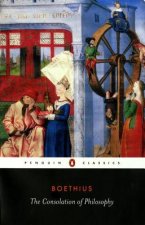
Consolation of Philosophy
11.21 € -23 % -

Analysis of Donna Haraway's A Cyborg Manifesto
8.64 € -5 % -

Devils
11.01 € -18 % -

J. R. R. Tolkien
11.42 € -22 % -

Tragedy of King Richard III: The Oxford Shakespeare
8.43 € -24 % -

The Tempest: The Oxford Shakespeare
9.05 € -23 % -

Finn and Hengest
11.21 € -23 % -

Guide to Old English 8e
92.97 € -

Complete English Poems
16.67 € -23 % -
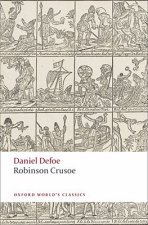
Robinson Crusoe
7.71 € -25 % -

Speak, Memory
17.80 € -23 % -
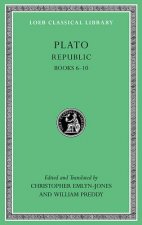
Republic
37.06 € -

Tom Jones
9.87 € -5 % -
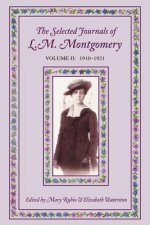
Selected Journals of L.M. Montgomery
21.10 € -9 % -

Short Oxford History of English Literature
52.50 € -
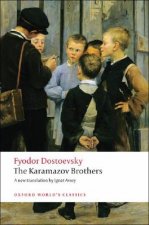
Karamazov Brothers
10.70 € -26 % -
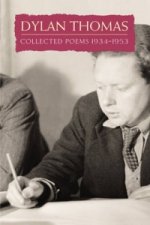
Collected Poems: Dylan Thomas
11.21 € -23 % -

Sir Gawain and The Green Knight
9.05 € -23 %
Osobný odber Bratislava a 2642 dalších
Copyright ©2008-24 najlacnejsie-knihy.sk Všetky práva vyhradenéSúkromieCookies



 21 miliónov titulov
21 miliónov titulov Vrátenie do mesiaca
Vrátenie do mesiaca 02/210 210 99 (8-15.30h)
02/210 210 99 (8-15.30h)